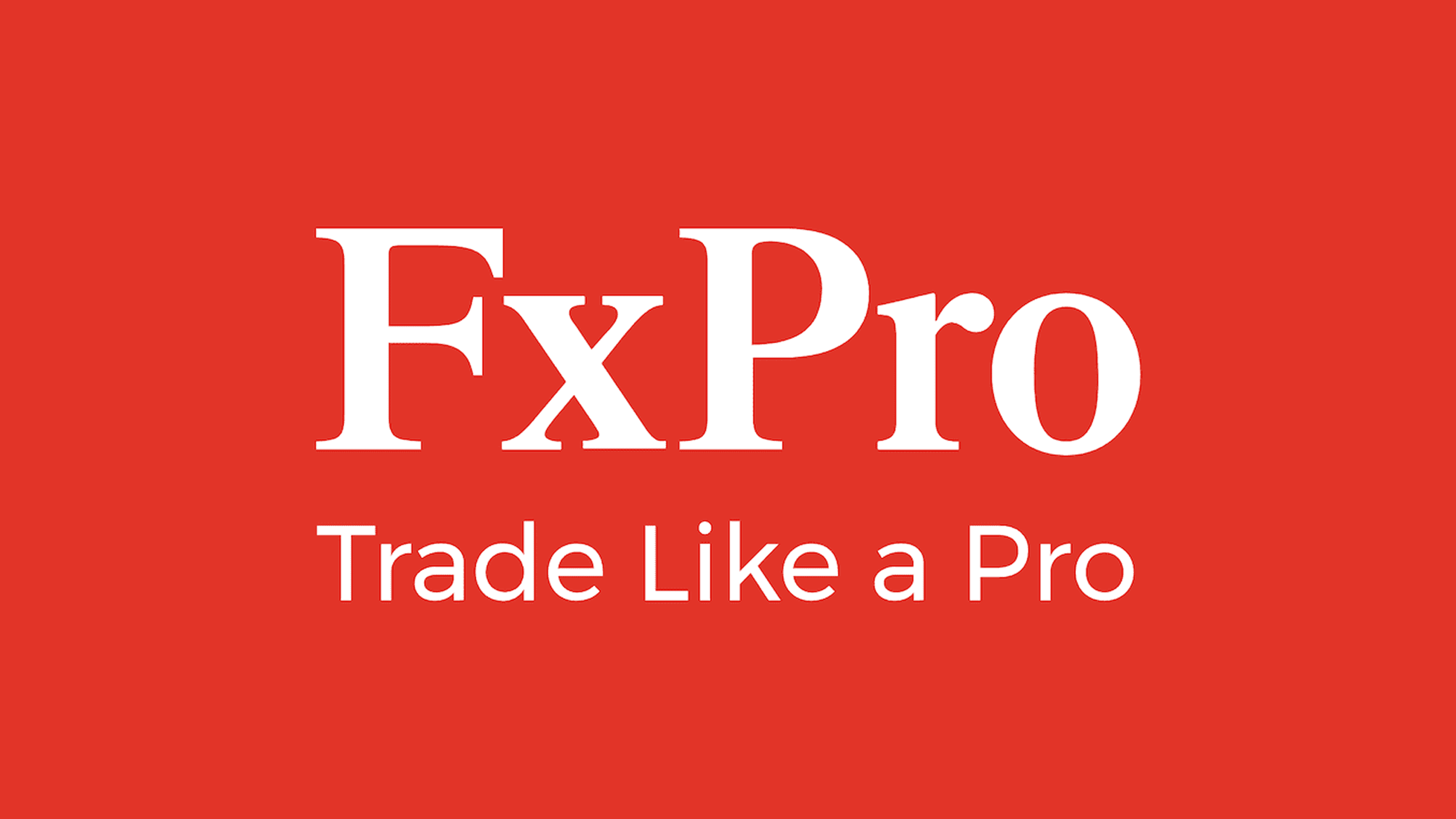Most people understand Forex exchanging, but the term is so often used alongside gap betting that it can be easy to get confused. Let’s start by stating that they are not the same thing and that there are several key differences, starting with what they are essential. All traders should be aware of the differences between these two concepts so that they don’t inadvertently confuse the two. (GDPR Is Finally Here! All You Need To Know And How It Affects You)
What exactly is Forex exchanging?
Forex exchanging is the trade of one legal tender for another. When done physically, you simply hand over cash in one country’s legal tender and receive its corresponding value in another country’s legal tender. If, say, 1 sterling pound is worth 1.3 US dollars, you get $130 in return for your £100. This is the conventional Forex exchange we are all familiar with, but it can also be done online and speculatively. This means that the trader is not interested in the actual legal tender but only in the changes between exchange rates over time. Therefore, the same legal tender exchange example illustrated before can be conducted online. (Are you: Investing for the future?)
However, when the same is done online, the exchange rates will be a bit different. The two currencies will be indicated as GBP/USD, representing the exchange rate for the sterling pound against the US dollar. The exchange rate between the two currencies will then fluctuate relative to both currencies’ value. Now, when a trader buys the GBP/USD pair, they are essentially hoping that the value of the sterling pound will rise while that of the US dollar decreases. Meanwhile, selling the legal tender pair will mean they were hoping for the opposite. (5 tips to identify the perfect ICO to invest in)
The scenarios shown above briefly describe the basic structure of the Forex arena. Even though there is no actual physical exchange while exchanging legal tender online, there still is a theoretical trade.
Now what is gap betting?
To understand gap betting, we shall first expound on the exchanging of legal tender pairs. While the exchange rate of the GBP/USD pair may be listed at 1.3, this is not the price at which a trader will be able to buy or sell the pair. The actual price to sell or buy a legal tender pair is listed as the bid/ask price. For example, the bid/ask price for the GBP/USD pair may be 1.29/1.31 on the Forex charts online. The difference between the selling and buying prices is known as the gap, and this is what gap betting focuses on. (These are the: Best gap betting companies)
Unlike forex exchanging where the actual value of the legal tender pair is what matters, gap betting only concentrates on the gap. To place a long position on the GBP/USD pair through gap betting, a trader makes a bet on the future exchange rate. For example, they can bet that the exchange rate will rise, and place a $10 bet for every rise in points. If things work out and the exchange rate goes up to 1.38, the trader would have made $90: (1.38 – 1.29) x 10. (You should be able to know: How to find the best Forex spreads)
Structure of the gap betting arena
Other than how the actual trades work, the gap betting arena is also different from the Forex arena in that the former has to have a fixed bet duration. Although there is no limit to the bet duration – some gap bets can stay open for months – the limit has to be there. This means that you can only keep the bet active for the specified period and no longer. As for the Forex arena, position trades are common and can remain open for months or even years as long as the swaps and other charges don’t become more than the account capital. (Learn How To Use Position Exchanging In The Forex Arena For Profit)
In the gap betting arena, there are two types of bet durations:
- Daily funded bets – here, the adjustments to your capital are made at the end of each day to determine the costs against your capital ensuring you’re always liquid. Because these are intended for short-term traders, spreads are kept tight in DFBs to encourage regular exchanging, just like with ECN Forex brokers
- Quarterly bets – these are meant for long-term trades, hence the quarterly period. The cost of funding the trade is included in the gap, which will be higher than that of a DFB, but since the trade will remain open for so long the trader may not be highly affected by this (Differences between Long-term vs. short-term exchanging)
Other differences
As you can see, the main difference is in the basic structure of the two arenas, but there are other differences too. Take the law, for example. Forex exchanging is regarded as the exchanging of financial instruments, and all Forex brokers are supposed to be licensed and regulated by the country’s Forex regulators. On the other hand, gap betting is akin to gambling, and the providers of gap betting need to be licensed by gambling commissions.
Due to the difference in laws, proceeds from Forex exchanging will be taxed as capital gains tax and other taxes. Gap betting, though, is not taxed in most countries because it is just considered to be gambling. With the difference in rules also comes a difference in supervision. Gap betting does not receive as much scrutiny as does the Forex arena, which has been around for decades. Thus, there are greater risks in the former arena than in the latter. (Lessons on self-defense: Forex scams)
Gap betting is also not available in all countries. Notably, there is no gap between betting companies in the US because it is not recognized as a financial exchange activity. As already mentioned, the practice is more like gambling and hence not recognized by the NFA or SEC in the US. (These are the: Laws and limits of forex exchanging in the US)
Which of the two is more profitable?
Now that you know the differences between Forex exchanging and gap betting, the next question is naturally, ‘Which one should I invest in?’ The most critical issue to consider here is, of course, profitability. Which one can make more money? The truth is, there is no trader among the two who would necessarily make more money than the other simply because of the arena they chose. Indeed, it all comes down to the amount of risk either of the traders is willing to take. (All you need to know about: Risk-management on Forex)
To decide between the two, let us consider a trade similar to the one above where the GBP/USD pair rose in value by 9 pips. In that case, the gap betting trader would have made $90. On the other hand, a Forex trader would have the opportunity to choose their profit (so to speak). For example, if one lot was traded at a 100:1 leverage, the Forex trader would have made $9,000. In this illustration, the Forex trader did make more money, but that is only because they had put up more money and, hence, risk. In this case, the Forex trader’s margin was $1,000 while the gap betting trader bet $10 for each pip. As a result, this means that there should have been no difference in gain had the gap betting trader put up $1,000 for each pip. (Learn: How to protect yourself from margin call)
Indeed, even the FCA didn’t note a huge difference in the percentage of losers in both arenas. Losers from FCA-regulated Forex brokers were about 85% of traders while those from the gap betting industry were about 82%. Consequently, it can be said that the amount of risk is equal in both arenas. Unfortunately, the two arenas cannot be distinguished based on leverage either since they both offer leverage; the amount of which would depend on the gap betting and Forex companies in question. (Some of the: Concepts Every Trader Should Understand: Leverage, Margin, And Hedging)
The verdict
From all the above, it is very difficult to tell which of the two arenas is more profitable to invest in, and it only comes down to an individual’s preference and choice of broker. A Forex trader gets to enjoy the security of dealing with licensed and regulated Forex brokers as long as they choose wisely. Whereas, a gap betting trader will not be taxed in most locations around the world because the arena is considered more of gambling. This may be why the structure of the gap betting arena is similar to that of the binary options arena. (These are: The 3 Most Trusted Exchange Authorities in The World)
To learn more about the gap betting arena, here is a quick video introduction to the industry:

 RoboForex
RoboForex Exness
Exness FxPro
FxPro Alfa-Forex
Alfa-Forex Libertex
Libertex FxGlory
FxGlory XM
XM IC Markets
IC Markets Forex.com
Forex.com AXITrader
AXITrader